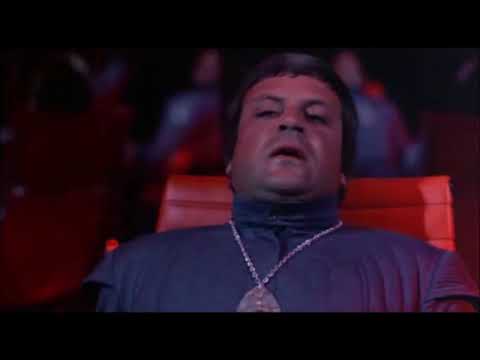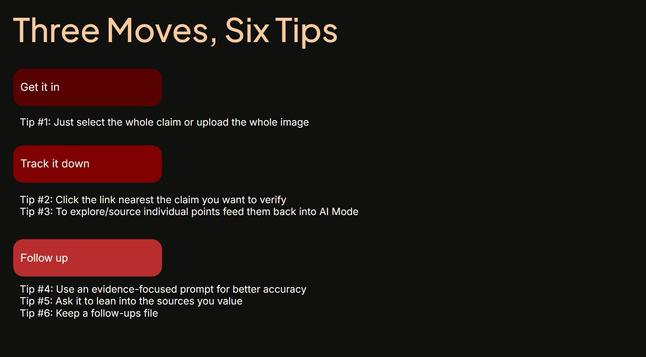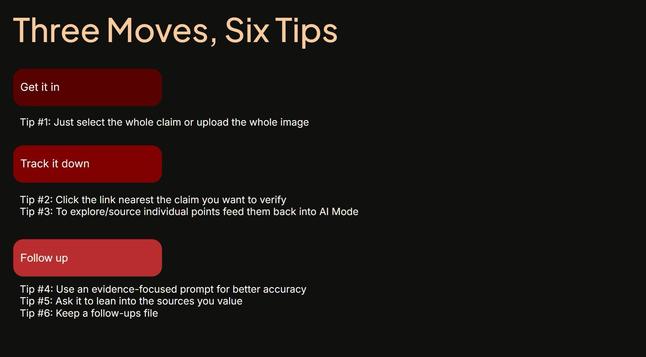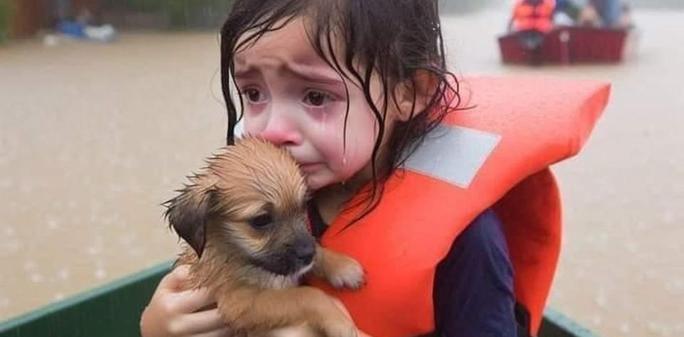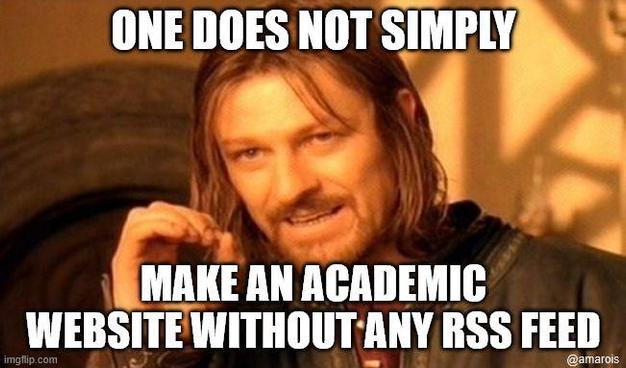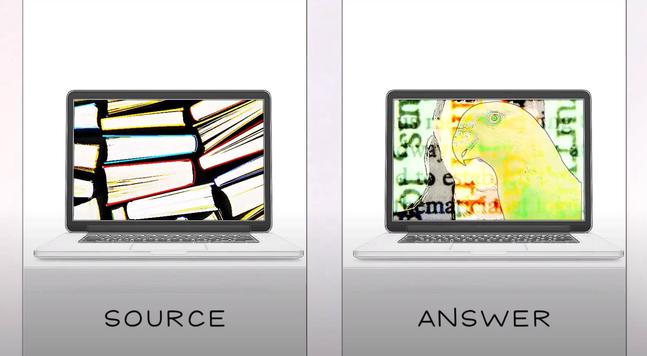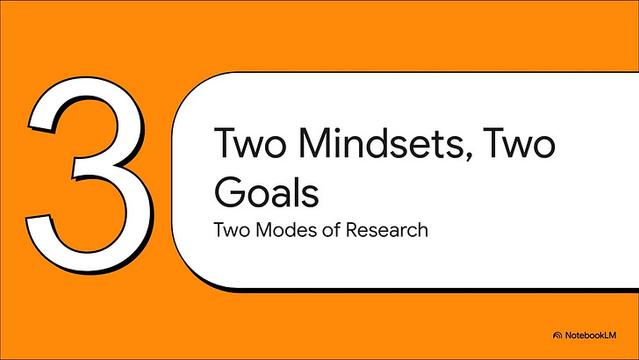I watched ZPG when I was a kid in the 1970s, and the scene in the “library” has stayed with me. Indeed, I became a #Librarian. (A seed planted?).
Not a great movie, but, in today’s context, the library scene is worth watching. Decades ago I showed it at a conference, trying to make the point that information literacy counts for nothing if the state controls knowledge.
